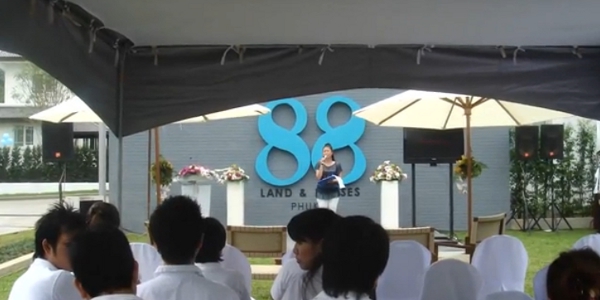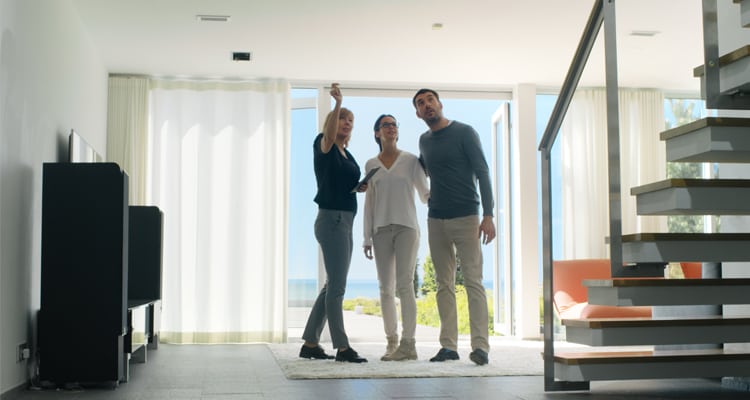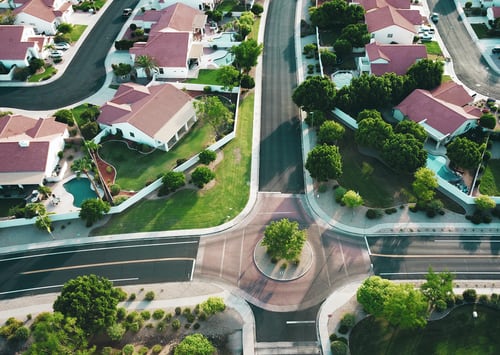
When we live in Singapore or Dubai or Hong Kong, periodically we keep getting invitations to international property exhibitions. Invariably the posters for these exhibitions have white sand beaches, blue sea, beautiful tastefully decorated apartments with sea views and beautiful families frolicking on the beach. I must admit it is tempting there is no doubt about it – buying international property can be a very good investment and can also provide a source of perpetual income and happiness for your family. However I thought I should outline 10 tips that I should share with you as I keep getting asked about such properties by my friends.
1. Research Land and Condominium laws thoroughly. These are usually different. The Land Law will govern who can own land in the country while the condominium law or Housing co-operative laws will govern who can own apartments in the country.
2. Research foreign ownership of companies. Many a time you will not be allowed to own real estate directly and so the option will be to end up buying real estate through a corporate vehicle. As such it is worthwhile to research corporate law in the country. Most important things to check – foreign ownership ceilings, ability to create multiple classes of shares, whether you can have differential voting rights for different shares in the company. This may be needed in case you need to take on a local partner and want to limit his influence on the company.
3. Think really hard about whether you see yourself living in the country long term. If you can’t see yourself living there, don’t buy it.
4. Don’t ever pay upfront for incomplete property.
5. Hire a local lawyer who specializes in real estate. Never allow the developer to provide you legal counsel.
6. Visit the place a few times before buying and ensure you stay in the vicinity of the property.
7. Try to buy property in a gated community where security of your property is taken care of and you have multiple other non-resident owners to co-operate with.
8. Beware of any sort of fractional or unclear pooled ownership.
9. Be very careful of high maintenance amenities or a very high maintenance structure. As secondary residences, these properties are always on a lower priority for their owners as compared to their primary residences. As such, the higher the maintenance, the bigger the risk of defaults and the lesser number of others who will be willing to buy the property.
10. Ensure commitment to non-resident owners and holiday leasing before you buy. Some communities are openly hostile to non-resident owners and to those vacation renting. It would be wise to avoid these communities.
To get more information & assistance, please submit the form below and our specialist will get in touch with you at the earliest.








